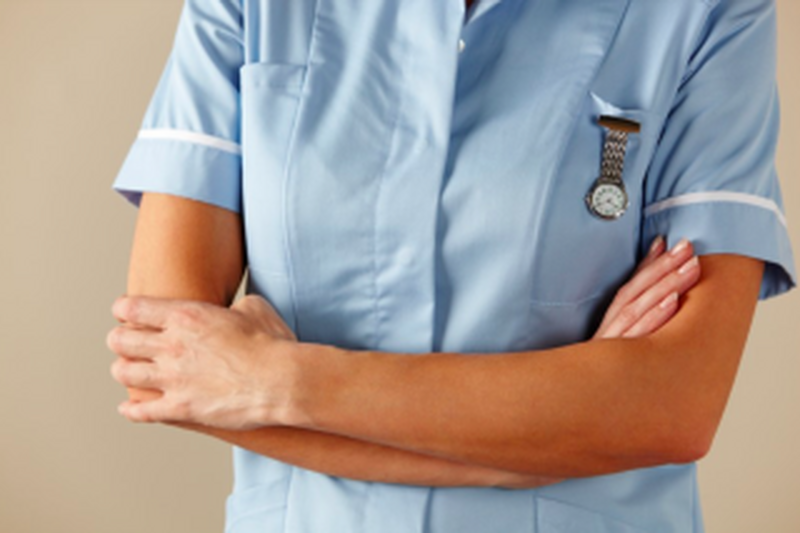TEENAGE pregnancies have reached a record low in Barnsley - just a year after the town was labelled one of the worst-performing areas in the country for preventing under-18 conceptions.
It follows a trend of falling rates across England and Wales, with the first year of the coronavirus pandemic said to have had a particular impact on teenage pregnancies.
Office for National Statistics figures show there were 77 conceptions to girls aged under 18 in Barnsley in 2020.
This was down from 105 in 2019 and is the lowest number since 1998, when records began.
The conception rate among under 18s in Barnsley stood at 19.6 per 1,000 girls that year, while this plummeted 17 per cent year-on-year nationally to 13.1 per 1,000.
The British Pregnancy Advisory Service said the pandemic and measures introduced in response - including the re-establishment of a Barnsley Council-run partnership which sees advice given to school-age teens - have led to reducing rates.
Spokesperson Katherine O’Brien said: "Lockdown restrictions, which prevented socialising with anyone other than members of own households, will have had a greater impact on women in younger age groups, who will be less likely to have been co-habiting with partners.
“Women on low incomes will be feeling anxious about their employment prospects and finances amid the cost-of-living crisis, and these challenges are playing a very significant role in pregnancy decision-making.”
In Barnsley, there were 3,278 conceptions to women aged between 15 and 44 - down from 3,324 in 2019.
They were among 817,515 conceptions nationally, marginally down from 821,089 the year prior.
In 2019, the rate per 1,000 stood at 27.7, compared to the regional average 19.3 and national average of 15.7.
A council report into teen pregnancies noted there are ‘large geographical differences’ across the borough, with under-18 conception rates ranging from 2.8 per 1,000 in Penistone East to 51 per 1,000 in Dearne South.
“Over late summer 2021 a new Public Health England tool was used to conduct a self-evaluation of TPP activity,” it added.
“This demonstrated an ongoing strong commitment to the teenage pregnancy prevention agenda despite the impact of Covid-19 on young people, staff, services, and systems.
“There are a number of wards where rates remain stubbornly high.
“These wards also have high rates of interdependent vulnerability markers which manifestly make teenage pregnancy as both cause and consequence of educational, health and social inequality for young people and their children.
“Providing targeted support for young people to develop safe, healthy relationships and prevent unplanned pregnancy is key to enabling them to fulfil their aspirations and potential.
“Prevention of teenage pregnancy requires a whole system approach, so there is no ‘wrong door’ for a young person seeking advice, guidance and support.”



























